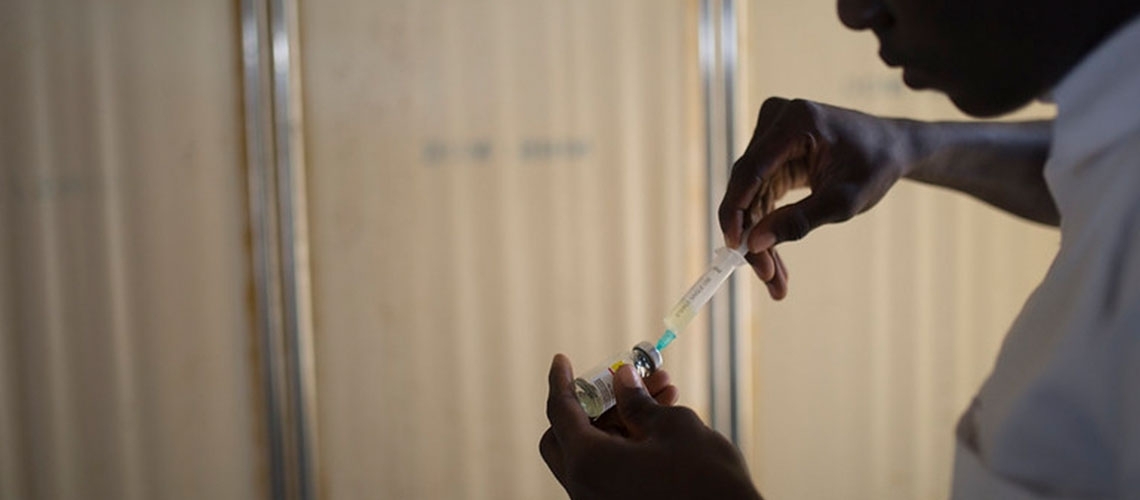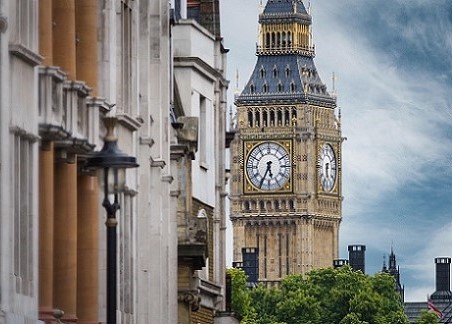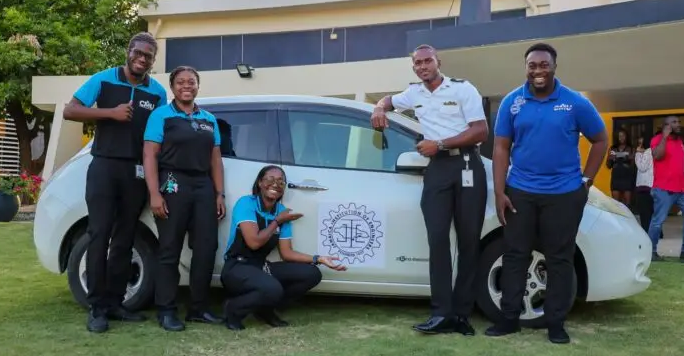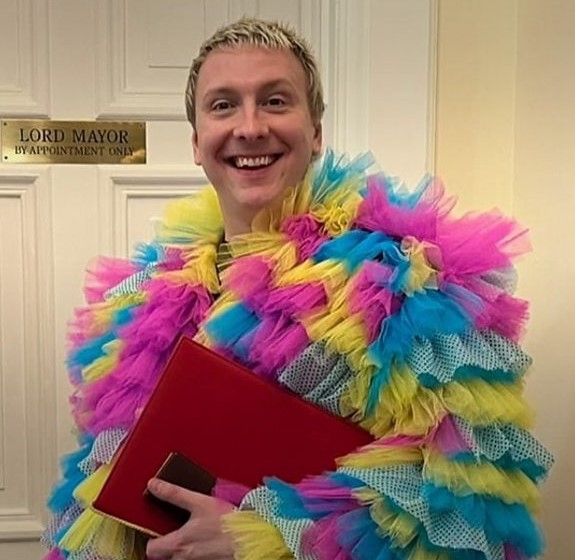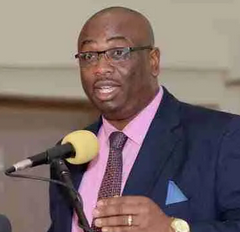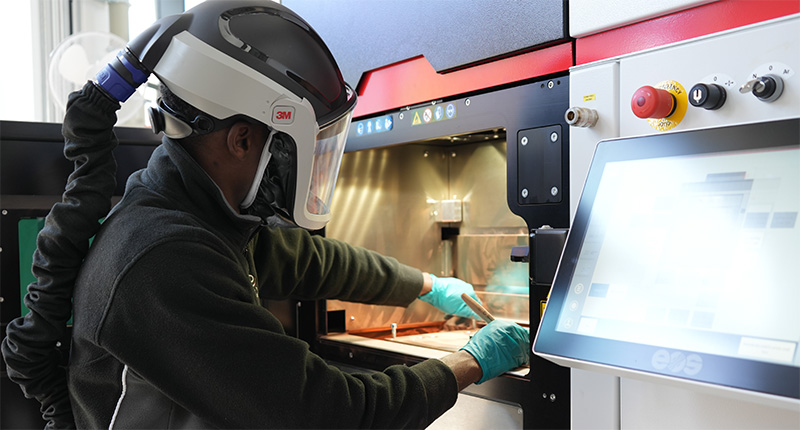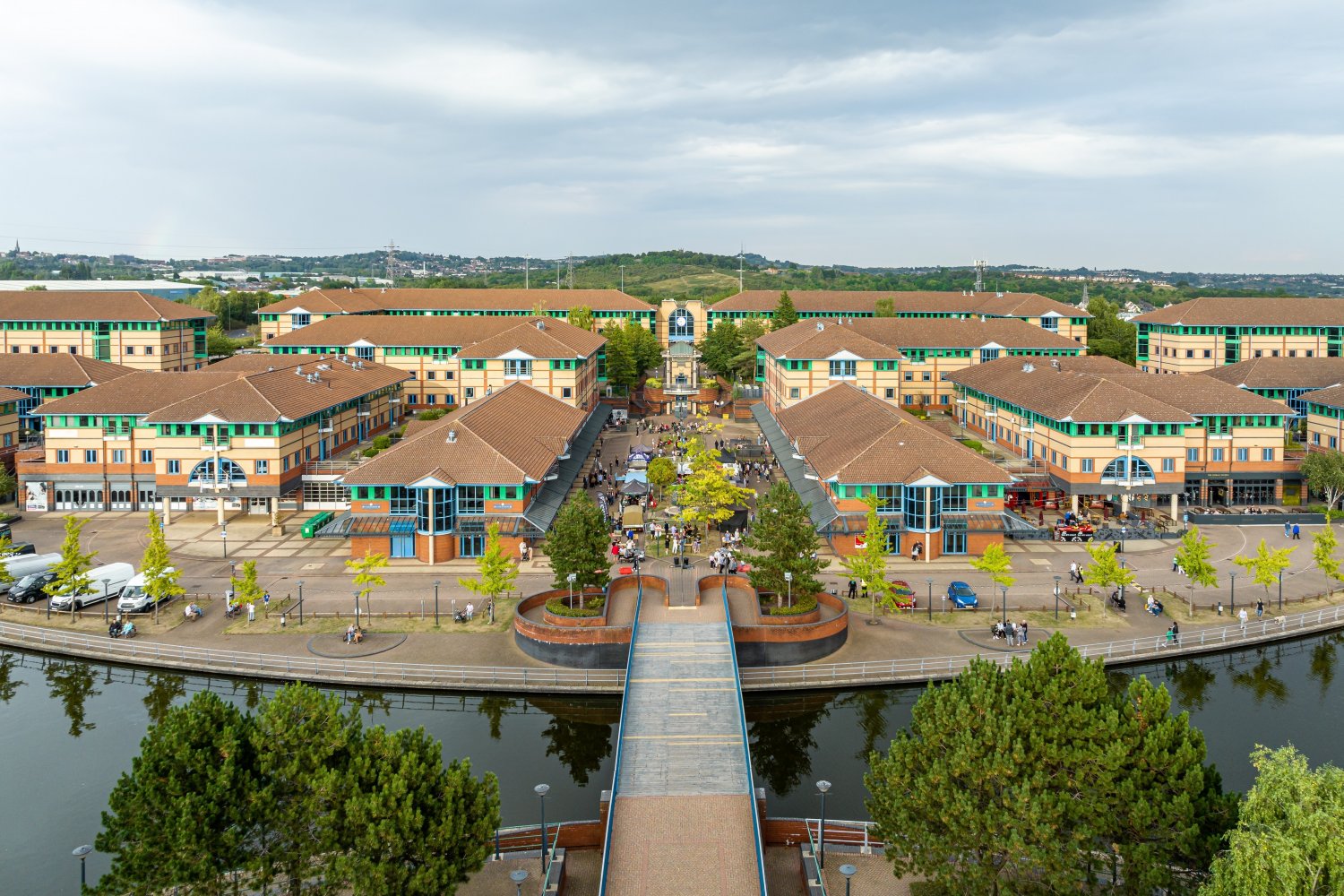More than four billion doses of coronavirus vaccines have been administered, in over 190 countries worldwide.
However, there are vast differences in the pace of progress in different parts of the world.
Some countries have secured and delivered doses to a large proportion of their population - but others are some way behind.
Jamaica, for one, received 300,000 doses of the AstraZeneca vaccine from the UK with total vaccinations referring to the number of doses given, not the number of people vaccinated. It is possible to have more than 100 doses per 100 population as some vaccines require two doses per person.
China and India have administered the highest number of doses, with nearly 1.7 billion and about 470 million respectively. The US ranks third, with more than 346 million.
While countries in Europe and the Americas are progressing well with their vaccination campaigns, many states in Africa are experiencing supply issues.
Many poorer countries are relying on deliveries from Covax, a scheme led by Gavi, the Vaccine Alliance, together with the World Health Organization (WHO) and the Coalition for Epidemic Preparedness Innovations (CEPI), which is trying to ensure everyone in the world has access to a Covid vaccine. Ghana became the first country to receive vaccines through this programme in February.
With an aim to give doses to nearly every adult around the world, this is the largest vaccination programme in history. Covax plans to deliver about two billion vaccine doses globally by the end of the year, but many vaccines require two doses per person.




